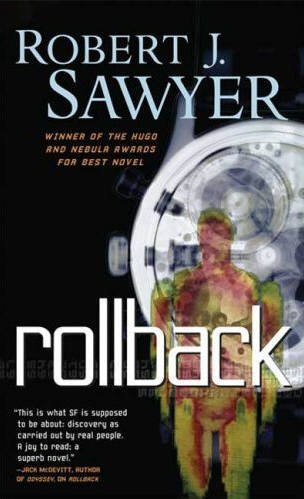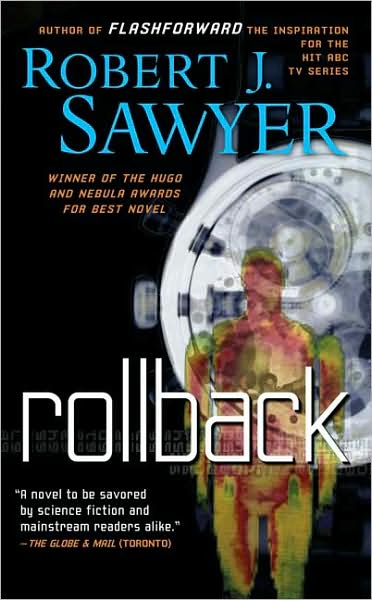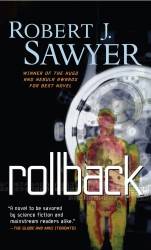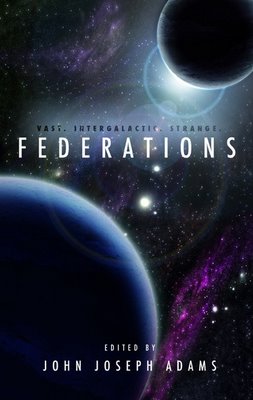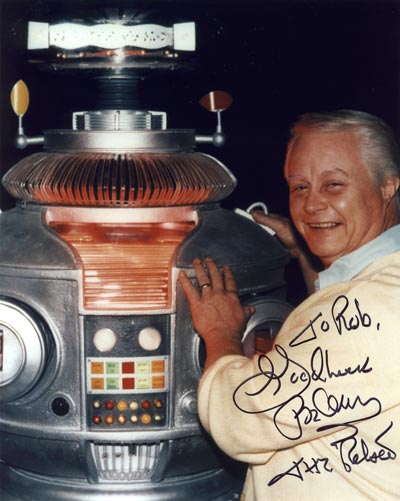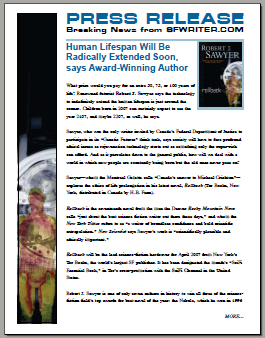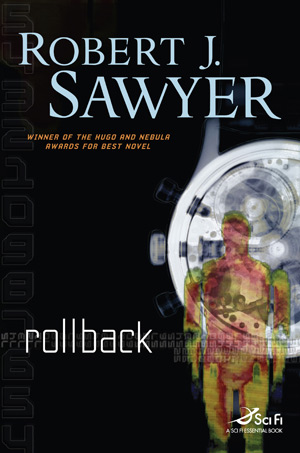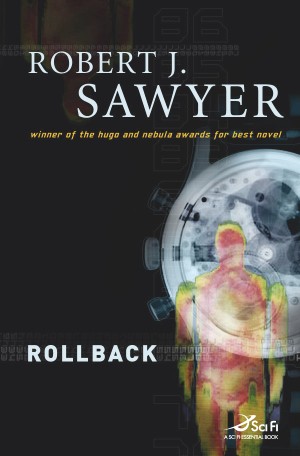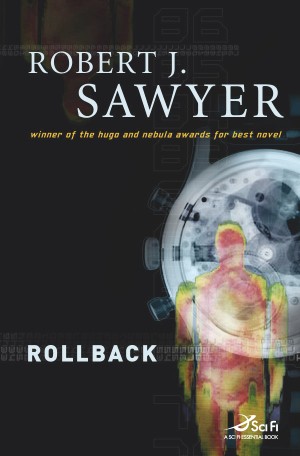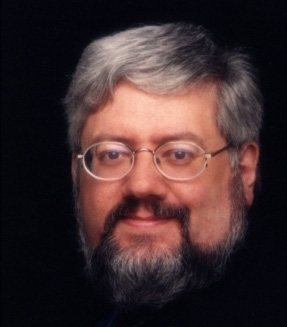
I am a proud member of the Advisory Boards of the
Lifeboat Foundation, which is dedicated to ensuring that humanity survive the advent of artificial intelligence and other perils. In that capacity, I was asked to nominate a potential recipient for the organization's highest honour, the Guardian Award. I submitted this nomination:
On this tenth anniversary of Y2K, I nominate Peter de Jager, who wrote the seminal article "Doomsday 2000" for ComputerWorld magazine, which first alerted the world to the potential disaster that might have occurred on January 1, 2000, and mobilized the world to take the steps necessary to avoid that fate. The Lifeboat Foundation would do well to honor this man, and this example of how foresight and preparedness can indeed avert catastrophe as technology marches ahead.
I am thrilled to report that the Lifeboat Foundation has taken my recommendation and today bestowed the Guardian Award on
Peter de Jager of Brampton, Ontario, Canada. You can read the press release
here.
I've long been pushing for Peter to get the recognition he deserves. In my 2007 Hugo Award-nominated novel
Rollback, my characters discuss his work (Chapter 7):
Don and Sarah had had another discussion about SETI, a year before the original Sigma Draconis signal had been detected. They'd been in their late forties then, and Sarah, depressed about the failure to detect any message, had been worried that she'd devoted her life to something pointless.
"Maybe they are out there," Don had said, while they went for a walk one evening. He'd gotten religion about his weight a few years before, and they now did a half-hour walk every evening during the good weather, and he used a treadmill in the basement in winter. "But maybe they're just keeping quiet. You know, so as not to contaminate our culture. The Prime Directive, and all that."
Sarah had shaken her head. "No, no. The aliens have an obligation to let us know they're there."
"Why?"
"Because they'd be an existence proof that it's possible to survive technological adolescence — you know, the period during which you have tools that could destroy your entire species but no mechanism in place yet to prevent them from ever being used. We developed radio in 1895, and we developed nuclear weapons just fifty years later, in 1945. Is it possible for a civilization to survive for centuries, or millennia, once you know how to make nuclear weapons? And if those don't kill you, rampaging AI or nanotech or genetically engineered weapons might — unless you find some way to survive all that. Well, any civilization whose signals we pick up is almost certainly going to be much older than we are; receiving a signal would tell us that it's possible to survive."
"I guess," Don said. They'd come to where Betty Ann Drive crossed Senlac Road, and they turned right. Senlac had sidewalks, but Betty Ann didn't.
"For sure," she replied. "It's the ultimate in Marshall McLuhan: the medium is the message. Just detecting it, even if we don't understand it, tells us the most important thing ever."
He considered that. "You know, we should have Peter de Jager over sometime soon. I haven't played go in ages; Peter always likes a game."
She sounded irritated. "What's Peter got to do with anything?"
"Well, what's he best remembered for?"
"Y2K," said Sarah.
"Exactly!" he said.
Peter de Jager lived in Brampton, just west of Toronto. He moved in some of the same social circles as the Halifaxes did. Back in 1993, he'd written the seminal article "Doomsday 2000" for ComputerWorld magazine, alerting humanity to the possibility of enormous computer problems when the year 2000 rolled around. Peter spent the next seven years sounding the warning call as loudly as he could. Millions of person-hours and billions of dollars were spent correcting the problem, and when the sun rose on Saturday, January 1, 2000, no disasters occurred: airplanes kept flying, money stored electronically in banks didn't suddenly disappear, and so on.
But did Peter de Jager get thanked? No. Instead, he was excoriated. He was a charlatan, said some, including Canada's National Post, in a year-end summation of the events of 2000 — and their proof was that nothing had gone wrong.
Don and Sarah were passing Willowdale Middle School now, where Carl was just finishing grade eight. "But what's Y2K got to do with the aliens not signaling their existence?" she asked.
"Maybe they understand how dangerous it would be for us to know that some races did manage to survive technological adolescence. We got through Y2K because of lots of really hard work by really dedicated people, but once we were through it, we assumed that we would have gotten through it regardless. Surviving into the year 2000 was taken as — what was your phrase? — `an existence proof' that such survival had been inevitable. Well, detecting alien races who've survived technological adolescence would be taken the same way. Instead of us thinking it was very difficult to survive the stage we're going through, we'd see it as a cakewalk. They survived it, so surely we will, too."
The
National Post article I referred to is real; I sent in a letter to the editor about it (which was published as the lead letter in the December 26, 2000, edition):
I was appalled by the snotty tone in Christopher Shulgan's profile of computer expert Peter de Jager ("The sky fell on him," Saturday, December 23, 2000). The Y2K computer problem was very, very real, and credit for disaster being averted rightly belongs to de Jager. Instead of cheapjack potshots, Canada -- and the world -- should be honouring this man. He surely deserves the Order of Canada for his tireless, selfless work; indeed, he should be lauded as one of the most important Canadians of the twentieth century -- because without his efforts, there was a real possibility that we wouldn't all be here to enjoy the twenty-first.
And now, at last, Peter is getting some of the credit he's due. Congratulations, Peter!
Winners to date of the Guardian Award:
2009: Peter de Jager2008: Stephen Hawking2007: James Martin2006: Robert A. Freitas Jr. and Bill Joy2005: Ray Kurzweil2004: Sir Martin Rees2003: Prince Charles2002: Warren BuffettVisit The Robert J. Sawyer Web Site
and WakeWatchWonder.com
Labels: Milestones, Rollback
